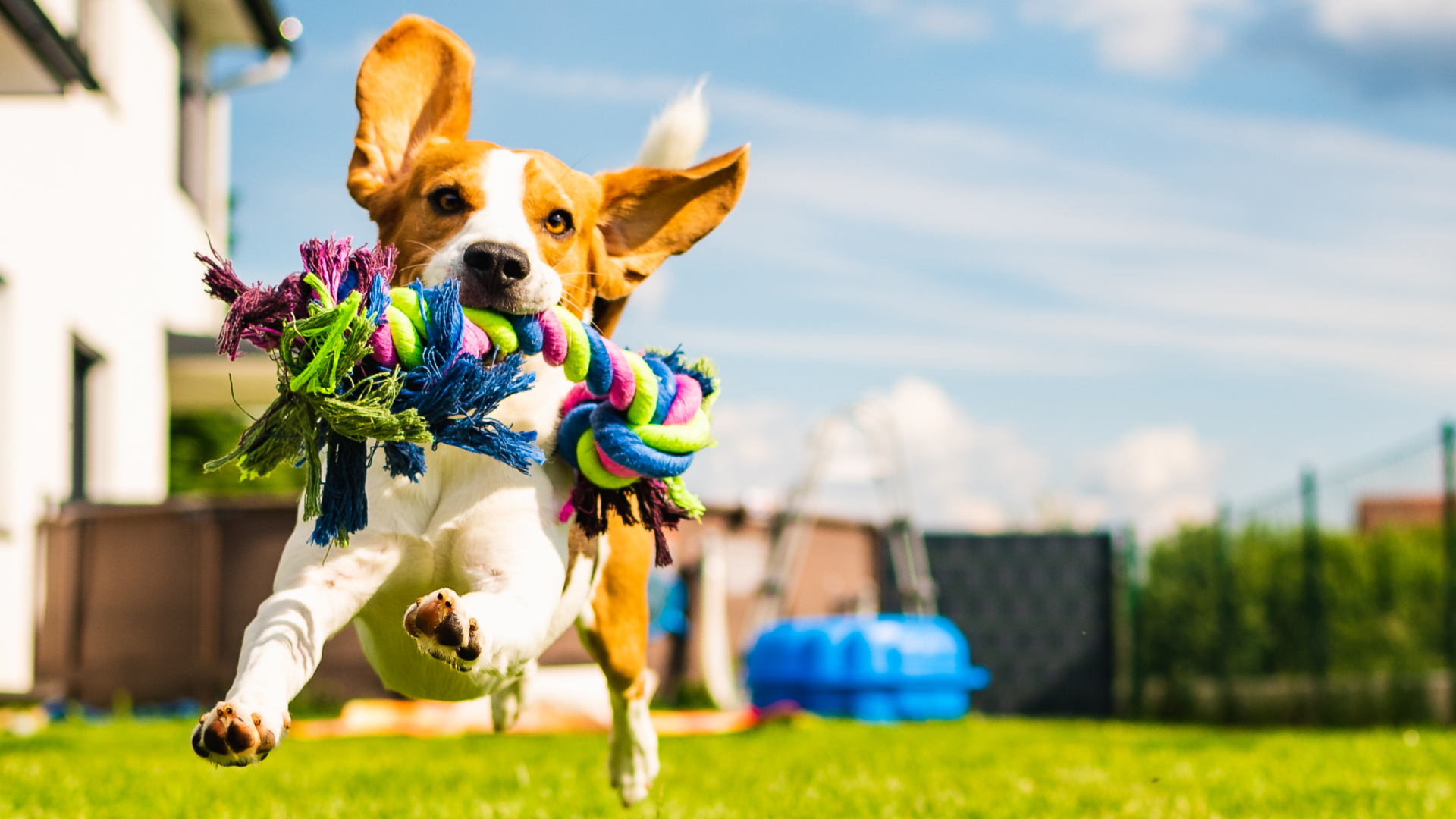Most people associate animal injury claims with dog bites, but pets can cause harm in many other ways—tripping someone on a sidewalk, knocking over a child, scratching a guest, or charging into traffic. While these may seem like freak accidents, they can lead to serious injuries and raise important legal questions about responsibility.
If you’ve been hurt by someone else’s pet—even without being bitten—you may have legal options for compensation depending on the circumstances of the incident.
Common Non-Bite Pet Incidents That Lead to Injury
Non-bite injuries involving animals are surprisingly common and can occur in a variety of ways:
- A dog lunges on its leash and causes someone to fall
- A cat scratches a visitor during an aggressive outburst
- A large pet knocks over an elderly person or child
- A horse kicks, bolts, or behaves unpredictably during a trail ride
- An off-leash animal causes a cyclist to crash or a car to swerve
These incidents can result in broken bones, concussions, back injuries, or even long-term disability—particularly for children, seniors, or vulnerable individuals.
Legal Theories for Non-Bite Animal Injury Claims
There are several legal frameworks under which a victim may pursue compensation after a non-bite animal incident:
Negligence
If a pet owner fails to take reasonable precautions—such as using a leash, controlling an excitable dog in a public area, or warning others about a pet’s behavior—they may be found negligent. You must prove that the owner failed to act reasonably and that this failure caused your injury.
Premises Liability
If the injury occurred on someone’s property, such as during a visit to a home or farm, premises liability may apply. Property owners have a duty to keep their premises safe for guests, which includes preventing dangerous animal behavior.
Strict Liability (in some states)
Some jurisdictions apply strict liability laws for animal injuries, meaning the owner is responsible regardless of fault if the animal had dangerous tendencies—even if the victim wasn’t bitten.
Negligent Supervision (for businesses or caretakers)
If the incident occurred at a pet-friendly business (like a grooming facility, dog daycare, or riding stable), employees or operators may be liable for failing to monitor animals appropriately.
Establishing Liability in Non-Bite Animal Injury Cases
To recover damages, you typically need to prove:
- The animal’s behavior posed a foreseeable risk
- The owner (or responsible party) failed to take appropriate precautions
- You were lawfully on the premises or in a public space
- The animal’s actions directly caused your injury
Because non-bite injuries may seem less obvious than bites, documentation is key. Eyewitness statements, veterinary records, surveillance footage, and medical documentation all help establish what happened.
Compensation You May Be Entitled To
If successful, a personal injury claim involving a non-bite animal injury may result in compensation for:
- Emergency room and hospital bills
- Ongoing treatment, physical therapy, or surgery
- Lost wages or diminished earning capacity
- Pain and suffering
- Permanent disability or disfigurement
- Emotional trauma or anxiety related to animals
What to Do After a Non-Bite Animal Injury
If you’re injured by someone else’s pet or animal, take these steps to protect your health and your legal rights:
- Seek medical attention immediately, even if injuries seem minor.
- Report the incident to local animal control or authorities, if applicable.
- Document the scene—photograph the animal, your injuries, and where it happened.
- Get contact information from the owner and any witnesses.
- Avoid discussing fault or giving recorded statements to insurance adjusters without legal advice.
How a Personal Injury Lawyer Can Help
Non-bite animal injury claims can be legally complex and highly fact-specific. Insurance companies may try to argue that the incident was a “fluke” or that the animal’s behavior wasn’t dangerous. At Dermer Law, we understand how to investigate these cases, determine liability, and advocate for victims who were injured through no fault of their own.
We help clients nationwide navigate personal injury claims and secure the compensation they deserve—whether the harm was caused by a dog, cat, horse, or any other domesticated animal.
Contact Dermer Law for a Free Consultation
If you’ve been injured by someone else’s pet—even without a bite—you may have grounds for a personal injury claim. Contact Dermer Law today for a free consultation. We’ll review your case, explain your options, and help you pursue fair compensation.



